 These stories, focus on Simon although other characters from varying plots are also introduced, discussed and mentioned. We discover more about the Blackthorn children, James Herondale and his family, the secrets of faerie and the journey for Simon as he tries to find who he was, is as a newfound Shadowhunter in the realm of angels and demons.
These stories, focus on Simon although other characters from varying plots are also introduced, discussed and mentioned. We discover more about the Blackthorn children, James Herondale and his family, the secrets of faerie and the journey for Simon as he tries to find who he was, is as a newfound Shadowhunter in the realm of angels and demons.
A review of Mammoth by Chris Flynn
 Most of the human characters in the book are real, and an attempt to bring back the Wooly Mammoth is happening, as detailed in the “Epilogus hominum” in order to try and slow global warming. Flynn does a stellar job of bringing together fantasy and history and Mammoth is a joy to read. The book is a cautionary, bold, loving and instructive tale that is mostly historically accurate, always funny, and often poignant.
Most of the human characters in the book are real, and an attempt to bring back the Wooly Mammoth is happening, as detailed in the “Epilogus hominum” in order to try and slow global warming. Flynn does a stellar job of bringing together fantasy and history and Mammoth is a joy to read. The book is a cautionary, bold, loving and instructive tale that is mostly historically accurate, always funny, and often poignant.
A review of Fifty Miles by Sheryl St Germain
 Reading Fifty Miles brought me to tears a few times, but St Germain courage and determination inspired me and made me reflect as a mother. Fifty Miles is a book that won’t disappoint readers.
Reading Fifty Miles brought me to tears a few times, but St Germain courage and determination inspired me and made me reflect as a mother. Fifty Miles is a book that won’t disappoint readers.
A review of My Skin its Own Sky by Gillian Swain
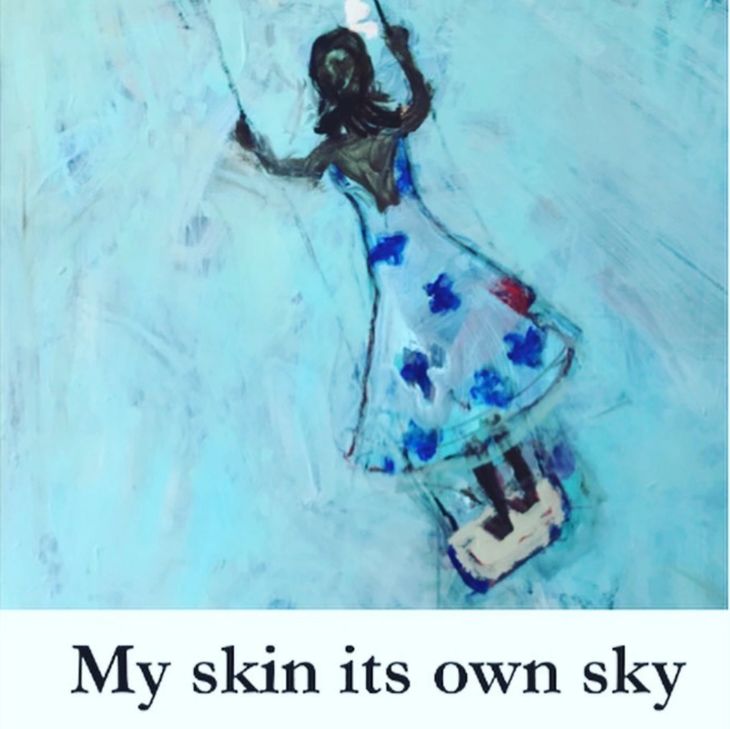 My skin its own sky is an intensely honest book, one that doesn’t shirk at going into dark places or sharing what is unbearable. But always, and throughout this gorgeous collection, in every poem, there is a moment of transformation, where pain becomes beauty. This is the power of the work—by looking and exploring these domestic, broken, and charged moments with the clarity of a poetic gaze, Gillian Swain gives them back to us whole.
My skin its own sky is an intensely honest book, one that doesn’t shirk at going into dark places or sharing what is unbearable. But always, and throughout this gorgeous collection, in every poem, there is a moment of transformation, where pain becomes beauty. This is the power of the work—by looking and exploring these domestic, broken, and charged moments with the clarity of a poetic gaze, Gillian Swain gives them back to us whole.
A review of The Red Scrolls of Magic by Cassandra Clare and Wesley Chu
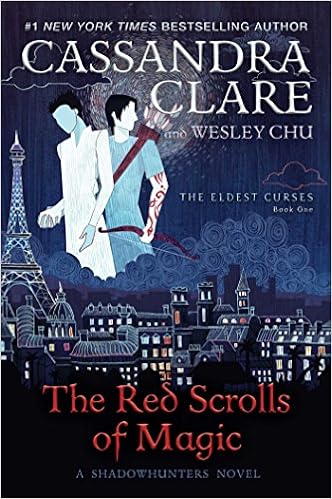 Both Wesley Chu and Cassandra Clare do an excellent job in collaborating for this book, and I have high hopes for more of their books in the future. Both authors had lovely thoughts shared in the acknowledgements and overall created an excellent addition to this series.
Both Wesley Chu and Cassandra Clare do an excellent job in collaborating for this book, and I have high hopes for more of their books in the future. Both authors had lovely thoughts shared in the acknowledgements and overall created an excellent addition to this series.
A Land of Turmoil and Treasure: a review of Paul Rabinowitz’s The Clay Urn
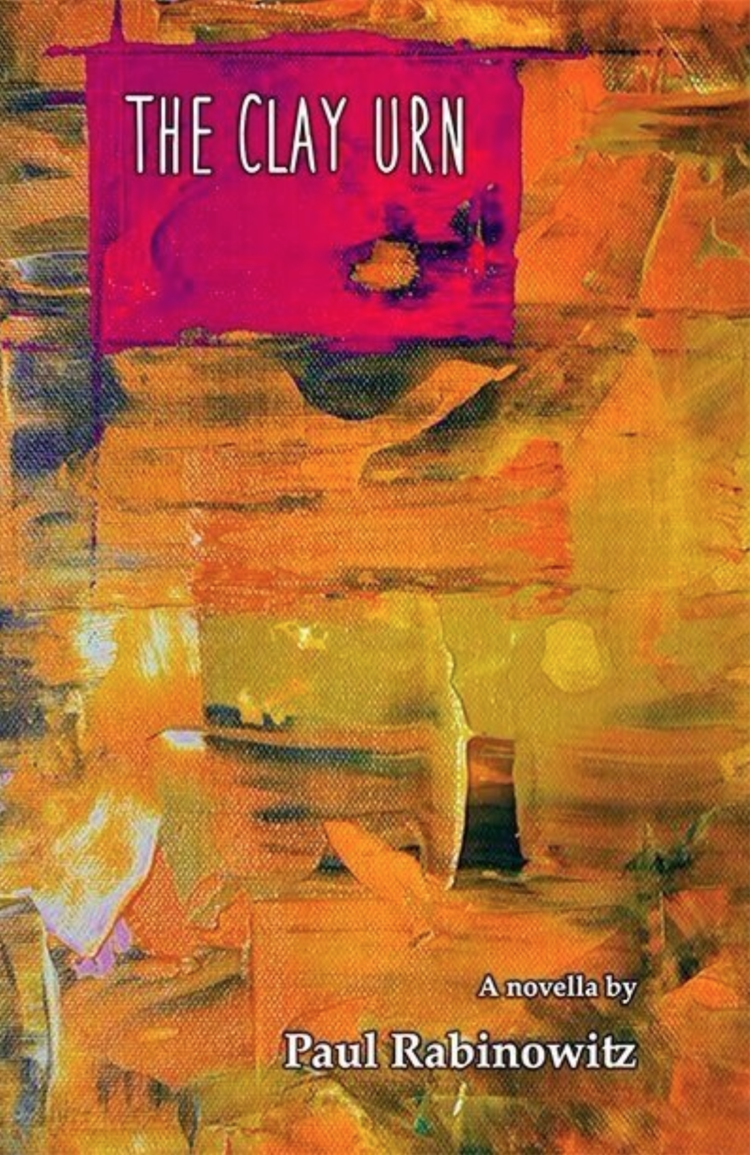 Rabinowitz, through his deeply lyrical prose, reminds us that not all things are destroyed during war time and that some can never be, like love between two people, like the desire to create something beyond our imagination, something more beautiful than our history, than our present.
Rabinowitz, through his deeply lyrical prose, reminds us that not all things are destroyed during war time and that some can never be, like love between two people, like the desire to create something beyond our imagination, something more beautiful than our history, than our present.
An interview with Jane Novak
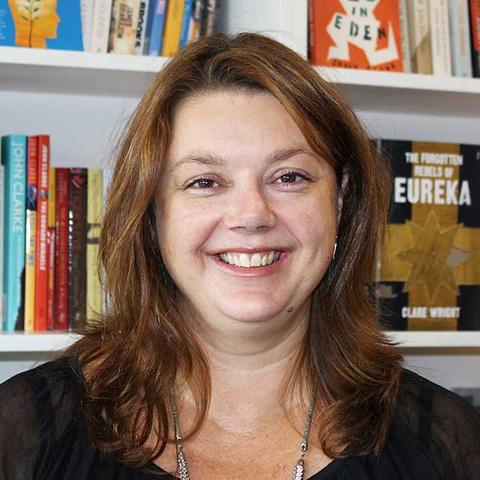 Literary powerhouse Jane Novak talks about the changing role of the literary agent, the impact of Covid-19 on the world of books – reading and publishing, trends, predictions, advice, and lots more.
Literary powerhouse Jane Novak talks about the changing role of the literary agent, the impact of Covid-19 on the world of books – reading and publishing, trends, predictions, advice, and lots more.
A review of Becoming Lady Washington by Betty Bolté
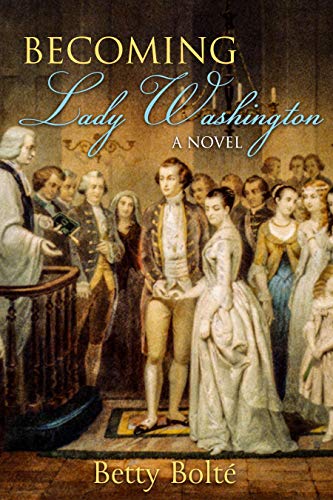 Reading Becoming Lady Washington, one feels a little like Elizabeth Bennet in Pride and Prejudice (published 1813) when she first sets eyes on Mr. Darcy’s palatial home and vast landholdings. Martha’s lifestyle on her first husband’s estate and then at Mount Vernon was similarly luxurious.
Reading Becoming Lady Washington, one feels a little like Elizabeth Bennet in Pride and Prejudice (published 1813) when she first sets eyes on Mr. Darcy’s palatial home and vast landholdings. Martha’s lifestyle on her first husband’s estate and then at Mount Vernon was similarly luxurious.
A review of Knitting Mangrove Roots by Kerri Shying
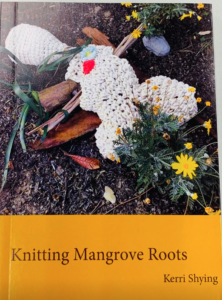 Shying’s themes are powerful and topical, exploring violence, drug use and dealing, parenting, ecological destruction, disability, prejudice, and sensual joy. The mix is natural and compelling, working through a distinctive voice intensely, sometimes painfully honest.
Shying’s themes are powerful and topical, exploring violence, drug use and dealing, parenting, ecological destruction, disability, prejudice, and sensual joy. The mix is natural and compelling, working through a distinctive voice intensely, sometimes painfully honest.
A review of The Nail in the Tree by Carol Ann Davis
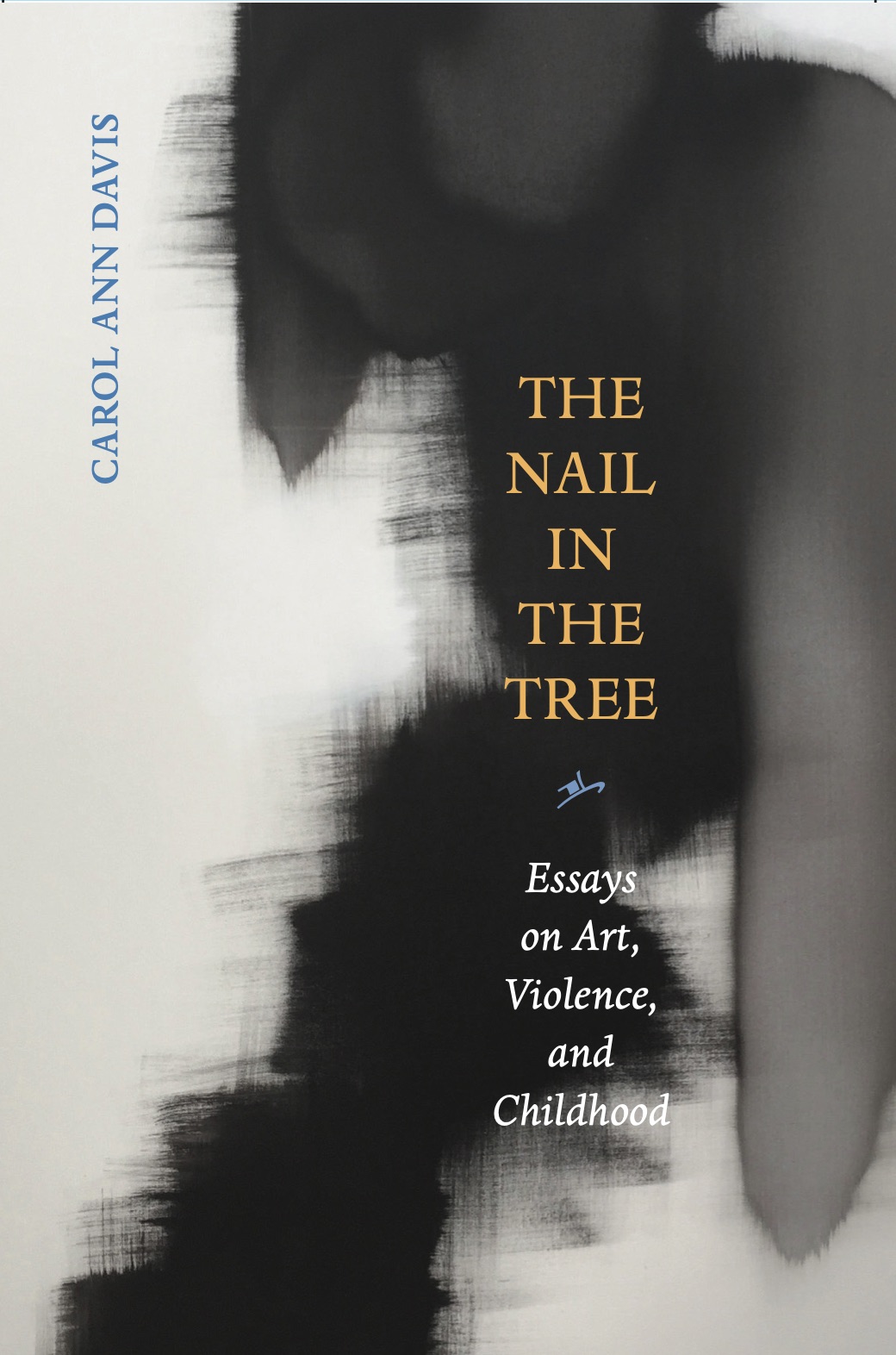 Davis expertly controls the narrative threads of their day-to-day reality while explaining what inspires her to write. Further into the book, these intimate details open up into a wider scope of the connection between life and art. She accomplishes this without appropriating the grief of the families with murdered children, instead Nail in the Tree tells how Davis’ life became what it is.
Davis expertly controls the narrative threads of their day-to-day reality while explaining what inspires her to write. Further into the book, these intimate details open up into a wider scope of the connection between life and art. She accomplishes this without appropriating the grief of the families with murdered children, instead Nail in the Tree tells how Davis’ life became what it is.